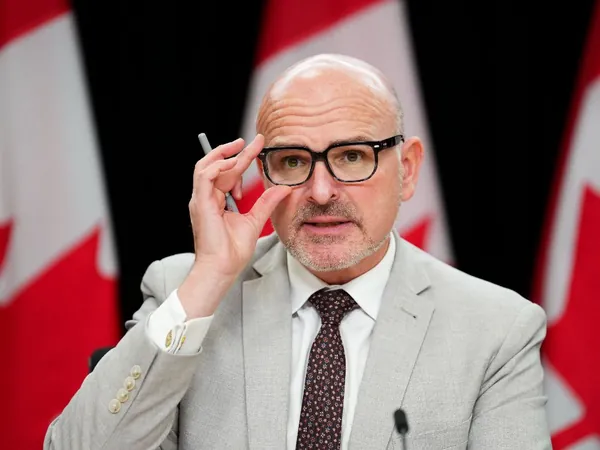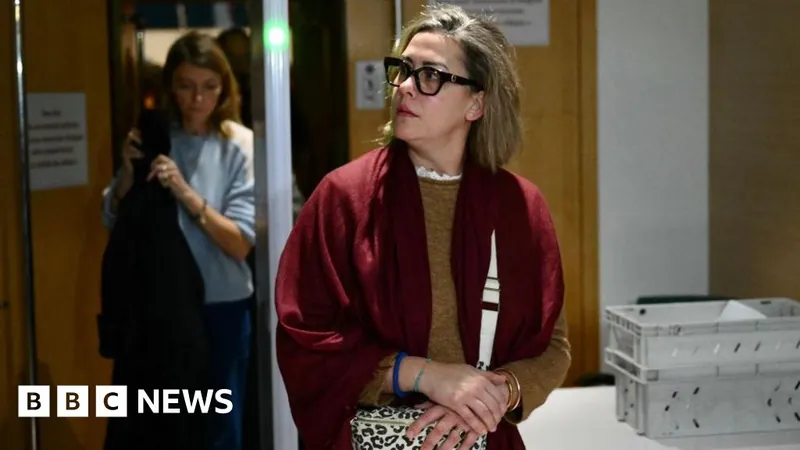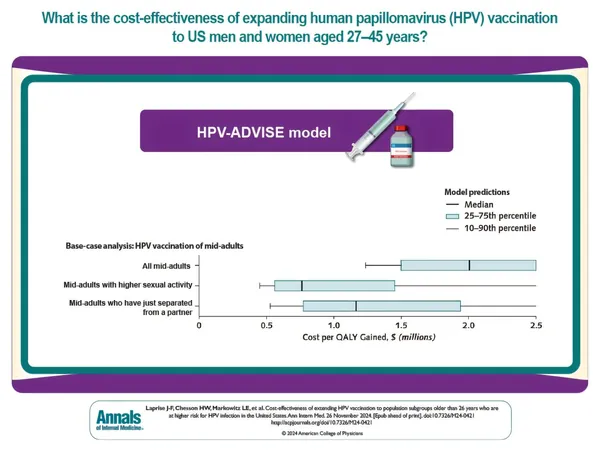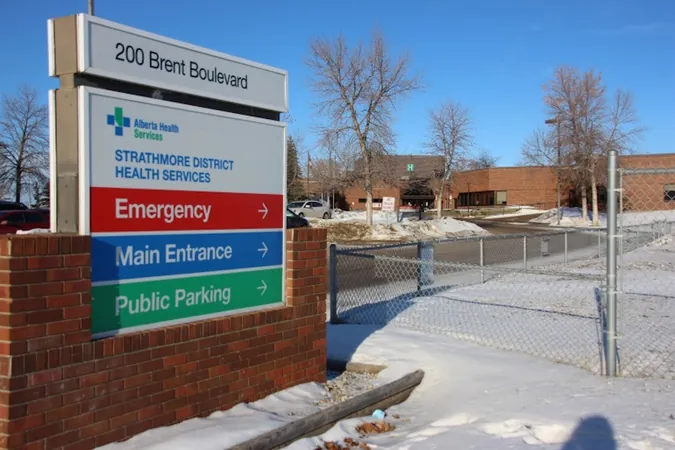
Ottawa Halts Contracts for Liberal MP's Firm Over Allegations of Misrepresentation
2024-11-26
Author: Charlotte
OTTAWA — In a significant move, the federal government has placed a temporary suspension on Global Health Imports (GHI), a medical supplies firm co-founded by Randy Boissonnault, a Liberal MP and former cabinet minister.
The suspension arises from serious allegations that GHI improperly claimed to be "wholly" Indigenous-owned while bidding for government contracts.
Public Services and Procurement Canada (PSPC) announced on Tuesday that GHI is now barred from bidding on or receiving any federal contracts during an ongoing investigation into the company.
This situation is compounded by revelations about conflicting statements made by Boissonnault regarding his heritage, which ultimately resulted in his resignation from the cabinet last week.
The suspension is set for an initial period of 90 days, which could be extended based on ongoing evaluations.
GHI’s last active contract, related to Elections Canada, was halted on November 20—the very day Boissonnault stepped down as Minister of Employment.
PSPC confirmed that no deliverables from GHI had been received, nor payments made against the contract.
Catherine Poulin, PSPC’s assistant deputy minister, informed a Commons committee that the suspension is linked to both civil and criminal allegations currently under investigation by the Edmonton Police Service.
This includes fraud allegations against GHI and its business practices.
“Multiple sources of information,” including ongoing lawsuits and a police investigation, prompted PSPC’s decision to take this action, she stated.
The controversy gained traction after the National Post reported that GHI had twice applied for federal medical supply contracts in 2020 while continuing to assert its Indigenous and LGBTQ ownership status.
Ironically, Boissonnault himself has previously identified as "white" and made conflicting claims about his Indigenous heritage over the years.
Boissonnault co-founded GHI during the early days of the COVID-19 pandemic in March 2020, initially to supply personal protective equipment.
He stated he left the company when he was re-elected in 2021, but only sold his shares this past summer.
However, emerging text messages and testimonies from former colleagues cast doubt on his claims that he ceased operations following his cabinet appointment.
Cindy Woodhouse Nepinak, the National Chief of the Assembly of First Nations, expressed concern over the implications of individuals falsely claiming Indigenous status.
She emphasized that fraudulent claims can significantly harm legitimate Indigenous businesses vying for government contracts, urging the government to enhance verification measures when determining a company’s Indigenous ownership.
Woodhouse also criticized the composition of parliamentary committees that discuss Indigenous identity.
“If the House of Commons wants to talk about identity, it shouldn't be a bunch of parliamentarians that are not First Nations.
It needs to be First Nations people developing those membership codes,” she stated.
As the investigation into GHI continues, the repercussions of this case may prompt broader discussions about representation and eligibility criteria in government contracts involving Indigenous businesses.
The outcome could set a precedent for how such claims are scrutinized in the future, aiming to prevent misuse of government policies intended to support Indigenous communities.
Stay tuned for updates on this developing story, as the implications could reverberate throughout Canada’s political and business landscape.









 Brasil (PT)
Brasil (PT)
 Canada (EN)
Canada (EN)
 Chile (ES)
Chile (ES)
 España (ES)
España (ES)
 France (FR)
France (FR)
 Hong Kong (EN)
Hong Kong (EN)
 Italia (IT)
Italia (IT)
 日本 (JA)
日本 (JA)
 Magyarország (HU)
Magyarország (HU)
 Norge (NO)
Norge (NO)
 Polska (PL)
Polska (PL)
 Schweiz (DE)
Schweiz (DE)
 Singapore (EN)
Singapore (EN)
 Sverige (SV)
Sverige (SV)
 Suomi (FI)
Suomi (FI)
 Türkiye (TR)
Türkiye (TR)